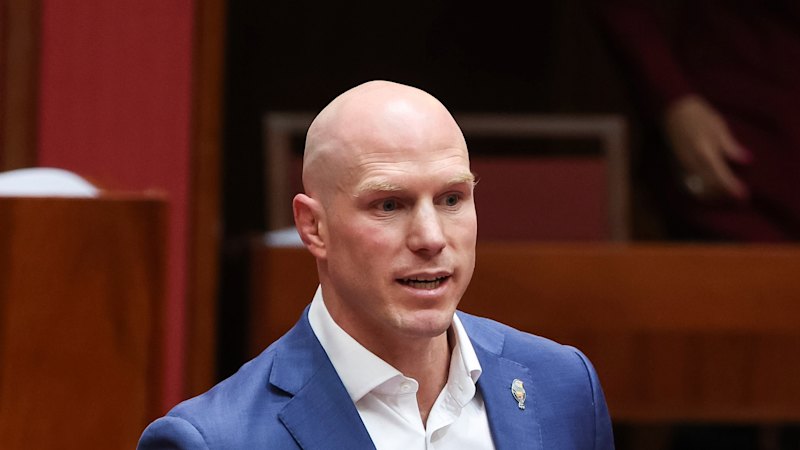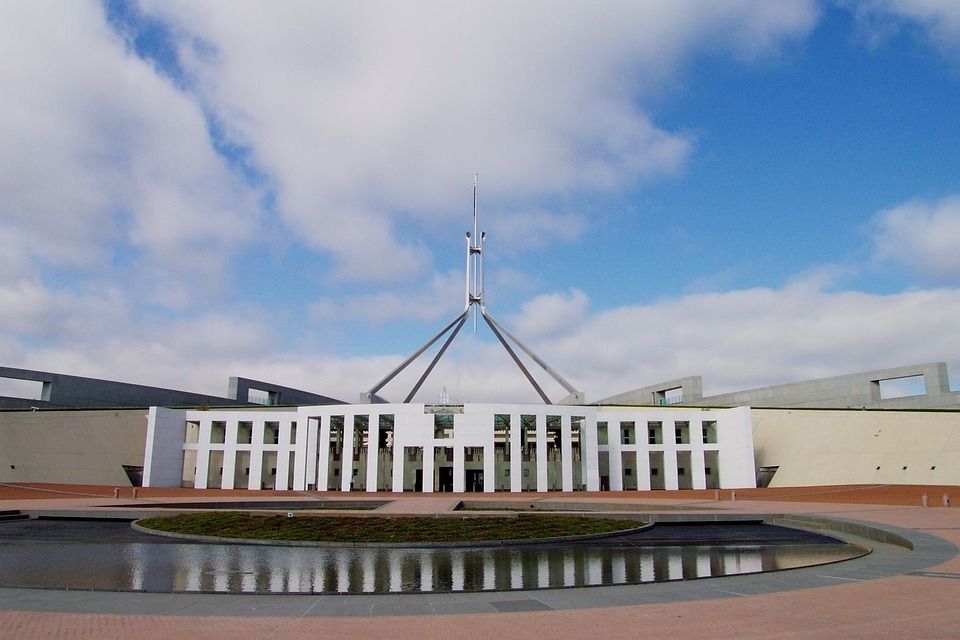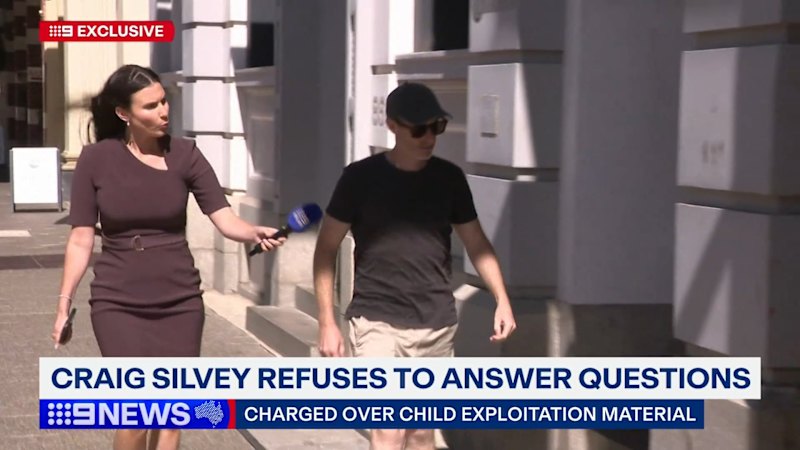
The Albanese government has announced significant retaliatory measures following a Senate vote that extended Question Time by an additional 30 minutes. The move came after the Coalition, alongside the Greens and crossbench senators, supported an initiative led by independent senator David Pocock to introduce five extra non-government questions during the session. This decision is set to alter the traditional one-hour duration of Senate Question Time.
Pocock has been advocating for transparency regarding a report on government board appointments authored by former public service commissioner Lynelle Briggs. Despite the report being in the possession of Finance Minister Katy Gallagher for over a year, its contents have not been disclosed. Frustrated by the ongoing delays, Pocock proposed the additional questions as a means to hold the government accountable. He stated, “Despite promising more transparency, for two-plus years the government has kept secret the Briggs review of public sector board appointments. The culture of jobs for mates has to end, and we need transparency to make that happen.”
The government’s response to this Senate motion has been swift and severe. On the evening of Wednesday, March 15, 2024, sources reported that the Albanese administration threatened to remove all Coalition MPs from deputy chair positions on parliamentary committees. These positions are typically held by members of the opposition and are critical for maintaining a balance in parliamentary oversight.
Gallagher defended the decision not to release the Briggs report, stating, “This is a matter the Cabinet is considering… It will be released when that work is finished.” She also expressed concerns that the Senate orders for the production of documents, which Pocock has leveraged to request the report, have been misused by senators.
The ramifications of this dispute could create considerable turbulence within the Australian Parliament in the coming months. The government’s threats of retaliation may escalate tensions further, potentially overshadowing legislative activities for the remainder of the year. The situation highlights the ongoing struggle between the government and opposition parties, particularly regarding transparency and accountability in governance.
As the political landscape evolves, the future of Senate Question Time and the handling of vital reports like the Briggs review will likely remain contentious issues. Stakeholders will continue to monitor developments closely, as both sides prepare for a challenging session ahead.







